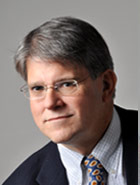
UC Berkeley Team
UC Berkeley Leadership Team

Research Interests:
Prof. Hosemann is interested in experimental material science for nuclear applications. His main focus is on structural materials used for nuclear components (fission, fusion, spallation, etc.). His research focuses on developing a basic understanding of the materials degradation processes in a nuclear environment and resulting consequences to engineering application.

Research Interests:
Prof. Sherburne’s group seeks to apply computational approaches to materials discovery, design and development in the areas: Clean Energy (Solar), CO2 reduction (Electrochemistry), Clean Water (Desalination and Treatment), Dielectric Materials (HfO2), and Materials development for additive manufacturing (Metals and Alloys) This work makes use of a variety of computational approaches including high throughput DFT calculations for materials discovery and design.
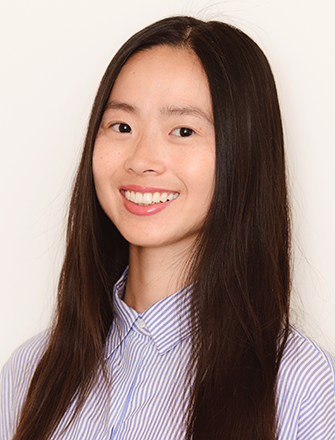
Research Interests:
The Gu Research Group works at the intersection of mechanics, additive manufacturing, materials, and artificial intelligence. We aim to develop deep learning algorithms to accelerate multi-physics modeling and inverse design of tailored materials with specific functions and desired properties. Additionally, we aim to make additive manufacturing more accessible, economical, and ubiquitous.

Research Interests:
The Wu group explores physics and applications of functional materials and semiconductors. Prof. Wu is currently the Chair of the Department of Materials Science and Engineering, and holds joint appointment at the Materials Sciences Division at the Lawrence Berkeley National Laboratory.
Affiliated Faculty
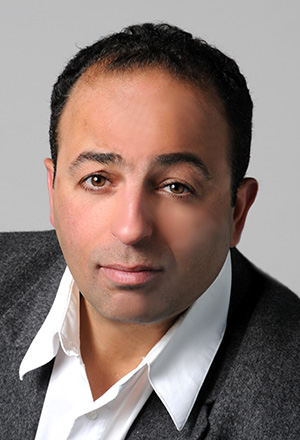
Research Interests:
Prof. Zhodi’s Multiphysics Simulation and Optimization Lab (MSOL) specialize in multiphysical modeling and simulation of cutting edge industrial processes spanning from fields of manufacturing, autonomous vehicles, lidar, material design, and many more. These simulations are utilized for parameter optimization using a combination of several machine learning processes such as genetic algorithms and neural networks.
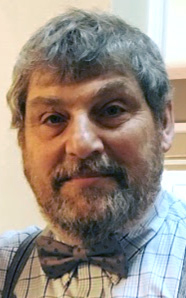
Research Interests:
Chemical kinetics; Computer modeling; Combustion chemistry; Pollutant formation (NOx, soot); Shock tube; Chemical vapor deposition of diamond films; Homogeneous nucleation of silicon, silicon carbide, and diamond powders; Interstellar dust formation.

Research Interests:
Laser materials processing and micro/nano-machining, fabrication of flexible electronics and energy conversion devices, characterization of micro/nanofluidic transport, laser interactions with biological materials, architected materials.
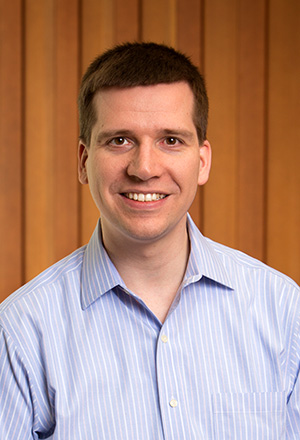
Research Interests:
One of the central objectives of Professor Mäkiharju’s research is to advance the physical understanding of high Reynolds number single- and multiphase flows primarily through experimental research, and through the development and use of advanced experimental techniques. Multiphase flows are encountered in almost every aspect of modern life, including offshore applications, biological flows, energy production, chemical processing, and naval hydrodynamics.

Research Interests:
The invention, modeling and simulation of micro- and nano-manufacturing processes, materials-testing techniques operating down to the nanoscale, and applications of polymeric materials in micro- and nano-fabrication—including for tissue scaffold engineering.
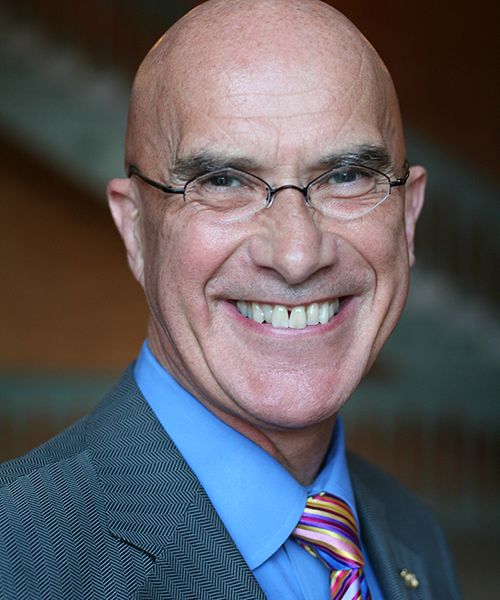
Research Interests:
Energy scavenging and storage; Smart materials; Design and manufacturing for micro-integration of ‘intelligent objects’; Design of wireless sensor systems. Application areas include: Energy efficiency and demand response; First responder applications; Medical products. Previous research on Internet-based manufacturing & open-architecture control.
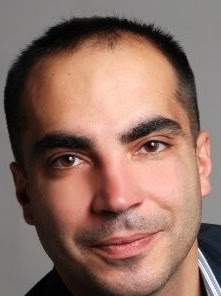
Research Interests:
Model Predictive Control, Model-Based AI, Distributed and Robust Constrained Control, Automotive Control Systems, Energy Efficiency, Energy Efficient Building Control Systems, Solar Power Plants, Mobility Contextual Intelligence, Robotics and Food Systems.
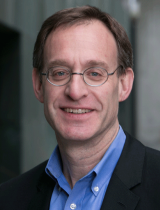
Research Interests:
Prof. Kaminsky’s current work is centered on two main themes: strategic, tactical, and operational issues that arise in the operation of biopharmaceutical firms; and collaborative, sustainable logistics.

